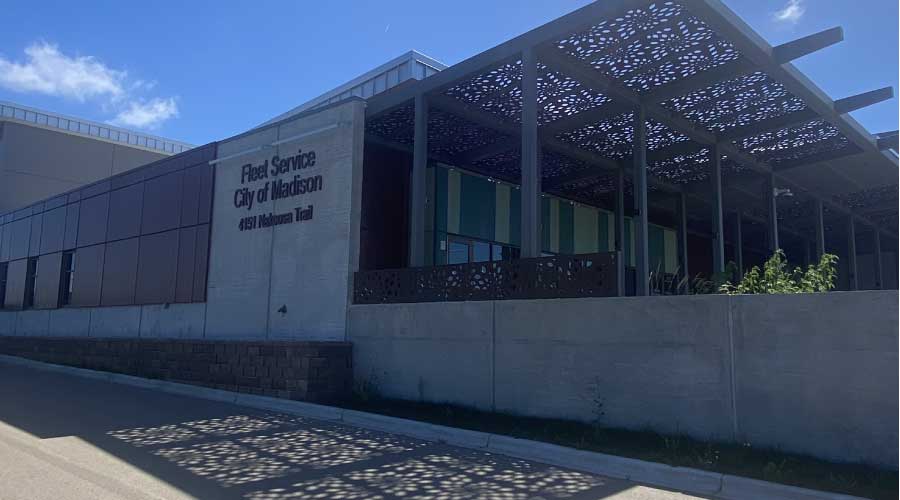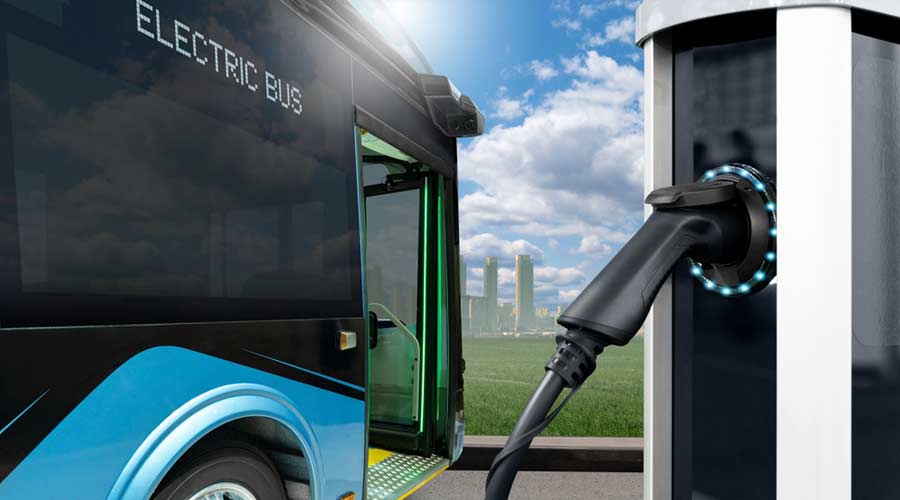Smart-Controller Technology Helps Managers Irrigate Sustainably
Not long ago, irrigation systems for institutional and commercial facilities operated largely under the radar. As long as landscaped and turf areas looked lush and healthy, grounds managers and other interested parties assumed the systems were working fine.
Then the sustainability movement came along, and the game changed. Today, irrigation systems — like every other water-using system — is under tougher scrutiny. Not only must the systems continue making landscapes look their best. They also must do so without wasting water — an increasingly precious commodity nationwide.
Managers face a number of related challenges in achieving this goal. They are exploring so-called smart irrigation-control technologies, rethinking planting decisions, and investigating their systems to ensure they operate efficiently.
"Often, I'm seeing systems that are not in good shape and needing a lot of repairs," says Richard Restuccia with ValleyCrest Landscape Companies. "That's a big challenge because a lot of these managers are under pressure to manage water use and be green and sustainable."
The 'Smart' Choice
Smart controllers have given managers a much-needed tool to water landscapes cost-effectively and sustainably.
"Most everything has stayed the same in irrigation systems except for control systems," says Michael Clark with Clark Irrigation Design. "As computers get smaller and smarter, irrigation control systems get smaller and smarter. Today, your controls system should be able to be self-adjusted on a day-to-day basis, either with a climate sensor or with a moisture sensor." Managers willing to focus on life-cycle costs can realize a number of benefits.
"We've done an in-depth study to find out how can we get our customers the biggest water reduction and the biggest dollar savings in the shortest period of time with the least amount of expense," Restuccia says. "We determined that the smart controller will provide the biggest return for the least amount of money. And we see the return on investment in the 24- to 30-month time frame."
What constitutes a smart irrigation control system?
"There are four things that make a smart controller smart to me," Restuccia says. "One, it has to be able to adjust daily based on weather or soil moisture. You have to be able to determine what's happening to determine how much water to put down.
"Two, it needs to be Internet accessible so I can manage my irrigation from wherever I happen to be, and if I can do it from a smart phone or a computer, even better. Three, they have to be able to manage flow. If I know how much water flows in my system during a normal irrigation time, then when it is abnormally high or abnormally low, I can shut my system down, and it will do so automatically. Four, it has to have the ability to alert me with an e-mail or a text message when there is an abnormal flow."
Related Topics:












